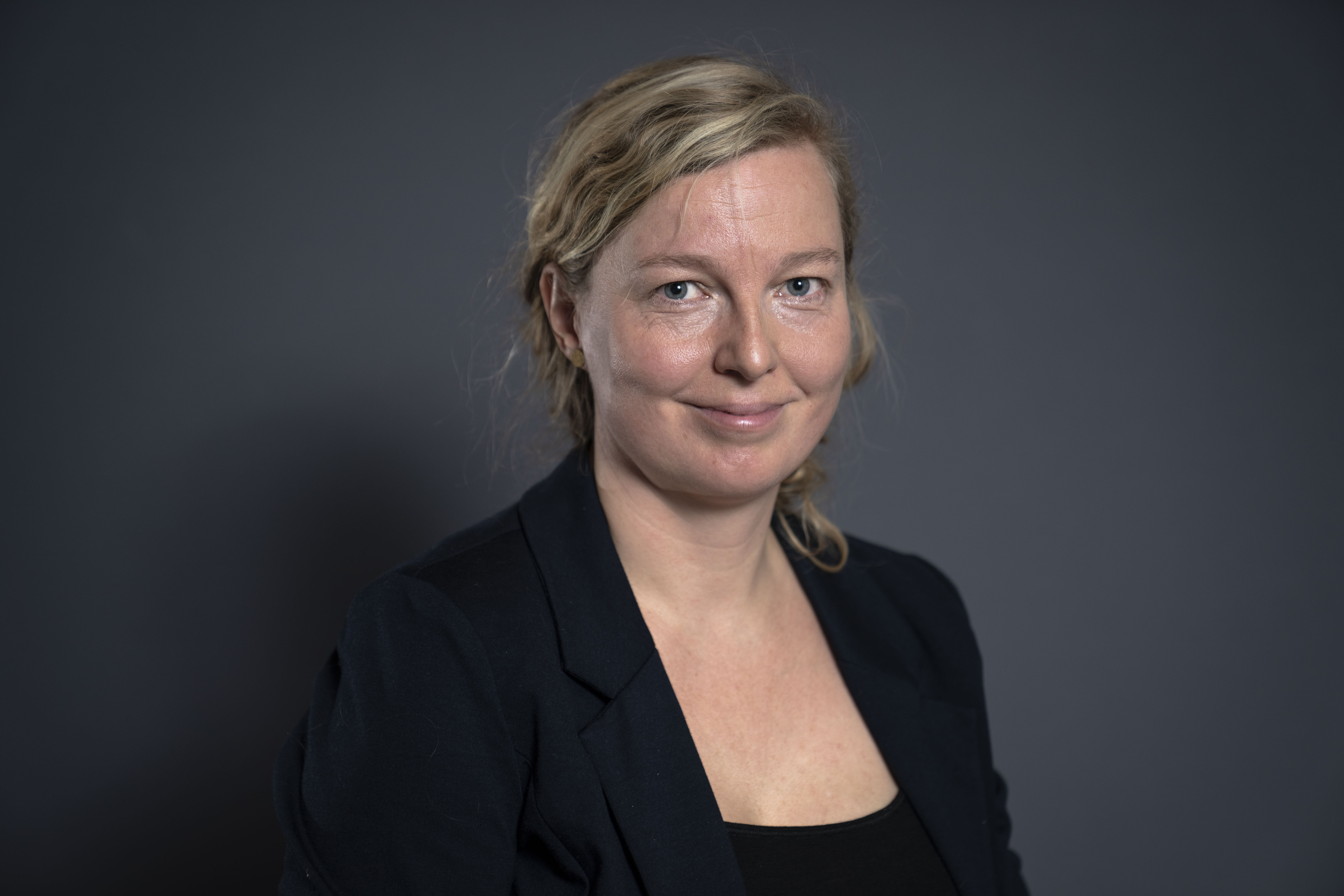Astrid Nonbo Andersen
Research leader

Project title
Truth- and Reconciliation in the Nordic Countries
What is your project about?
For a number of years Samis and minorities speaking languages of Finnish origin have worked to have the injustices committed against them by the states of Norway, Sweden and Finland examined in a public proces. And now something is happening. Last year, a Truth and Reconciliation Commission (TRC) began its work in Norway. This summer, a TRC for Tornedalians, Kvens and Lantalaiset was set up in Sweden and in both Sweden and Finland TRCs are being prepared to deal with injustices committed against the Sami. Assimiliation policies and early welfare state programs on Health and Education are amongst the key themes that these TRCs will look into, This goes to the Heart of the self-understanding of the Scandinavian welfare state and will no doubt cause debate in all three countries. This project looks into what happens when the TRC model, which has been developed as a means to create peace and stability after armed conflict or civil war is applied in a Scandinavian context; how this will influence the fight for indigenous Rights in Scandinavia?; How the fight for recognition of indigenous/minority perspectives on the past will unfold? And what reactions it will stir in the broader Scandinavian publics.
How did you become interested in your particular field of research?
I am educated in the field of History of Ideas/Intellectual History. Since my early student days, I have been keenly intersted in the Philosophy of History. That is, fundamental questions on what History is? How and if we can even understand the past, how memory works and what power means to the production of our understanding of the past. This interest, combined with my interest in the often neglected colonial past of Denmark and the other Scandinavian countries is the common thread in most of my research projects. Last year I organised a seminar on the Truth and Reconciliation processes in the Arctic with participants from Sápmi, Greenland, Scandinavia at large and Canada. The discussions arising from the seminar made it clear to me, that something truly interesting was going on in Scandinavia that I just had to look more into.
What are the scientific challenges and perspectives in your project?
The fact that not just one but several commissions are being established almost simoultanously across the Nordic region gives us a quite unique opportunity to do a comparative study across the Nordic region, and also look into cross-cuttings and entanglements that make these commissions different from previous ones. We hope to be able to contribute to research not only with new empirical cases but also a new theoretical development that sheds lights on these cases.
What is your estimate of the impact, which your project may have to society in the long term?
I hope we can impact the broader society on three levels: First of all on an internordic level: Even though there are many similarities and connections between the four commissions in the three countries, there are also a number of differences. Both in terms of the way the commissions each approach the task, but also in terms of historical contexts. I hope our project will contribute to the ongoing processes with perspectives from the other countries involved and from similar processes around the World. On an international level, I also belive this project has much to offer. Many indigenous peoples around the World have experienced beeing surpressed by Democratic states with welfare ideals comparable to the Scandinavian models - and also experienced that it has been difficult to be heard exactly because these states often regard their historical actions as legitimate. I think, the Scandinavian processes will be followed with much interest both by practitioners involved in creating peace, stability and reconciliation, and many indigenous communities in other parts of the World too. Finally, I hope this project can shed new light on the relations between Greenland and Denmark. Greenland also had a reconciliation proces a few years back (which I have also researched). Much of the critique levelled against it was that the Greenlandic context could not be compared to those contexts previous TRCs have been set-up in. The fact that similar pasts and injustices are now treated in some of the countries that are most similar to Denmark will make some cross-cutting themes easier to see and understand.
Which impact do you expect the Sapere Aude programme will have on your career as a researcher?
To be able to put together my own team of people that I admire and really look forward to work with, and to dive into a theme that I find truly interesting and important - well that is really a welcome opening.
Background and personal life
It is very easy to be absorbed in your research projects and the identity as a researcher. To me, it is crucial to insist on the fact that I am a human being like anyone else, who do other things too. This is also why I try to keep things apart and keep my private life to myself and my nearest. But fresh air or a good book are great pastimes.
View all research leaders here
Research institution
Danish Institute of International Studies, DIIS´ research on peace and conflict
Research field
Peace and Conflict
City of your current residence
Lejre
High school
Skt. Annæ Gymnasium
